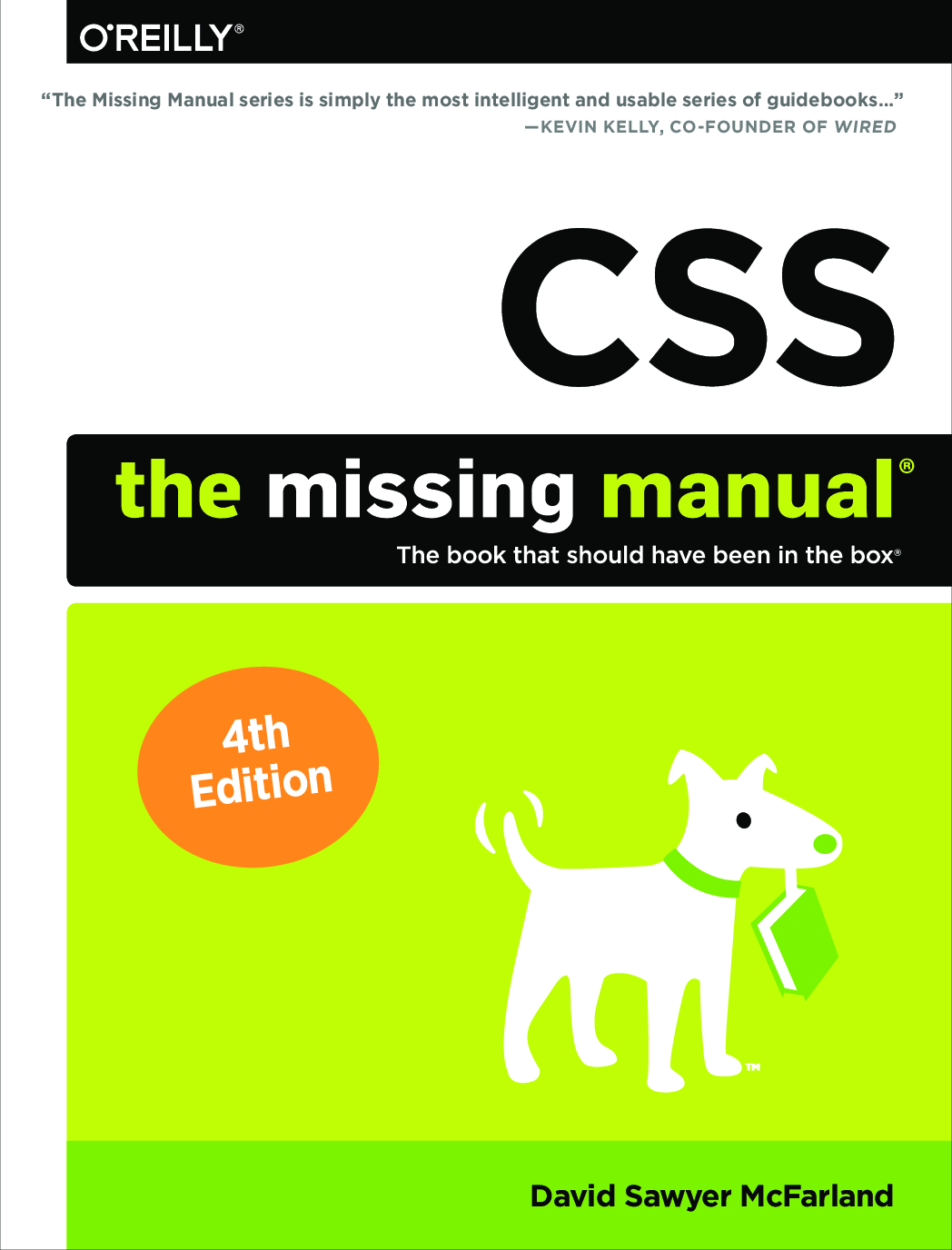

But as Russia recovered from its 1990s economic slump, the threat of energy weaponization became more and more credible. Belarus and Ukraine depended on cheap gas and transport fees, while Russia did not have any other route to Western Europe for the transportation of natural gas. This is hardly surprising, given that they were built by German and Austrian companies in pipelines-for-gas deals of the late 1960s.Īfter the collapse of the Soviet Union, when the new Russian Federation was desperately strapped for cash in the 1990s, the independent countries that rose from the ashes of the communist empire and inherited former Soviet gas pipelines gained important leverage with Russia. Most of the pipelines built under the Soviet Union were westbound.

Europe’s single greatest geopolitical mistake was to deepen its energy cooperation with Russia while at the same time blatantly ignoring Russia’s weaponization of this purportedly solely economic relationship, which was mostly visible in Central and Eastern Europe. During the three decades since the collapse of the Soviet Union, the Russian government employed in Europe a carrots-and-sticks policy on energy resources. Soviet diplomats Valentin Falin and Yuli Kvitsinsky proposed an alternative arrangement to replace military influence with economic leverage and make Europe dependent on energy exports. Although the Soviet Union withdrew its military and political presence from Central Europe, it did not completely give up its influence there. Modern Russian foreign-policy doctrine is inextricably linked to the weaponization of energy exports. Despite the clear economic benefits of this relationship for the Soviet Union and its successor, the Russian Federation-both of which used energy windfalls to bankroll a struggling great-power project-Moscow never stopped thinking of its energy relationship with Europe in geopolitical terms. That this arrangement survived the frost age in East-West relations during the Reagan era foretold a wider political pattern: Western Europe began perceiving Russian energy imports as a useful economic reality that could be conveniently exempted from geopolitical considerations, often in spite of evidence to the contrary. With the emergence of a pipeline network linking the Soviet Union to Western Europe, and the energy crisis induced by the OPEC cartel, Russia emerged as a key supplier of Western European energy.

Italy, France, and West Germany moved to increase imports of Soviet hydrocarbons, and invested the capital and technology necessary to develop Siberian oil fields. Europe’s contradictory relationship with Russia in the sphere of energy resources began in the 1970s, during the détente that temporarily thawed the Cold War. It is the greatest geopolitical blunder of the European Union in the 21st century.įrom energy cooperation to weaponization. How did it come to pass that some of the world’s richest countries are fearing for their ability to heat homes in the winter? And why did a significant part of the most secure military alliance in contemporary history allow itself to become dependent on a potential geopolitical rival that had long shown alarming intentions?Įurope’s current predicament is a story of flawed strategic thinking-based on false assumptions about geoeconomics in general, and Russia in particular-that goes back to the closing years of the Cold War. The looming “energy crisis” is widely discussed at high-minded conferences, in parliamentary speeches, and in the media-where politicians use it to make and deflect accusations, and tabloid headlines warn that doomsday is descending on Europe. As winter approaches, European governments are preparing to weather a storm that threatens not only the comfort and safety of their citizens, but also the recently regained Western unity on foreign policy.


 0 kommentar(er)
0 kommentar(er)
